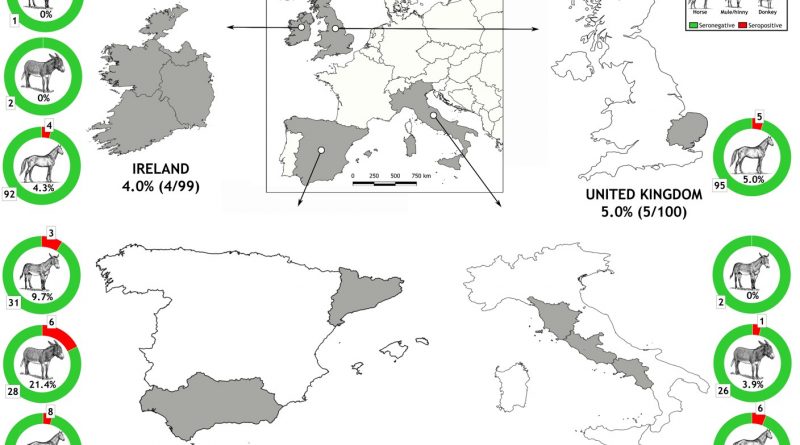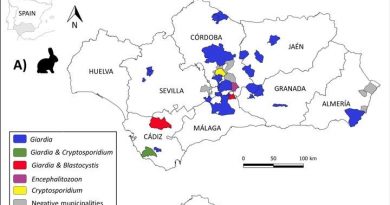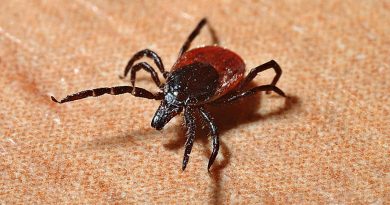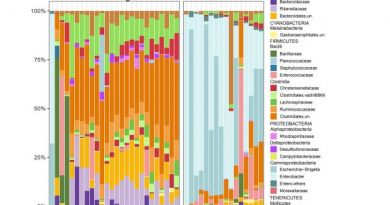Epidemiological survey and risk factors associated with Paslahepevirus balayani in equines in Europe
Abstract
Paslahepevirus balayani (HEV) is an important emerging zoonotic virus in Europe. Although domestic pigs and wild boar are the main reservoirs of this pathogen, susceptibility to this virus has been confirmed in a growing number of animal species, including equines. However, their role in the epidemiology of this virus remains poorly understood. Our aim was to assess HEV circulation and identify potential risk factors associated with exposure in equid species in different European countries. A total of 596 equines, including 496 horses, 63 donkeys and 37 mules/hinnies bred in four European countries (Spain, Italy, United Kingdom and Ireland) were sampled. Thirty-three animals (5.5%; 95%CI: 3.7–7.4) had anti-HEV antibodies. Seropositivity was found in 4.6% of horses, 11.1% of donkeys and 8.1% of mules/hinnies tested. By country, 6.3%, 5.4%, 5.0% and 4.0% of the equines sampled in Spain, Italy, United Kingdom and Ireland, respectively, were seropositive, respectively. Statistical analysis showed that “species” and “drinking water from ponds and streams” were potential risk factors associated with HEV seropositivity in equines in Europe. HEV RNA was not detected in any (0.0%; 95%CI: 0.0–1.8) of the 202 equines tested. Our results provide evidence of a low, spatially homogeneous and widespread viral circulation that is not equal across species in equid populations in the European countries analyzed and indicate that these species appear to play a limited role in the epidemiology of this virus. Further studies are required to elucidate the differences in seroprevalence between donkeys, mules/hinnies and horses and to determine the risk of zoonotic transmission of this pathogen from equid species.




